What is a marketplace? For many the first thing that comes to mind is something on the internet. You might think of companies like Amazon, eBay or Etsy…but these corporate machines are distorting the original purpose of a true marketplace.

Marketplaces have existed for centuries as meeting places to transact goods within a community. Perhaps the largest and most well known is the Grand Bazaar in Istanbul that has continuously run since 1455. With up to 400,000 visitors a day it’s one of the most visited tourist attractions in the world. That’s right, a marketplace selling handmade jewelry, ceramics and textiles attracts more people every year than Disney World!
Often a marketplace is created to be a public service by providing space where vendors and residents can meet, shop and socialize. Marketplaces take different forms across the United States as farmers markets, craft fairs, flea markets and public shopping squares. They are many times created on public property, run by local residents and exist to support the community they are in.
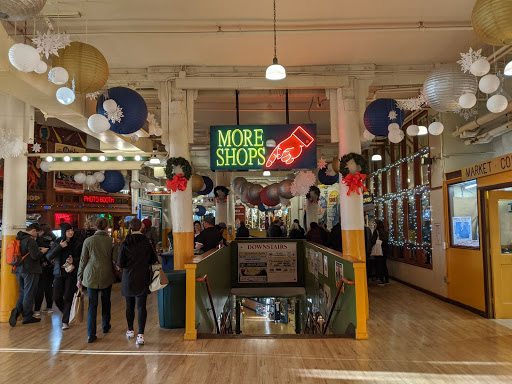
One of my favorite marketplaces is Pike Place Market in Seattle. For over 100 years Pike Place has been host to craftspeople, buskers and farmers in the city. On 9 acres of land you will find 225 local artists, 85 local farmers and 70 restaurants that transact over $150 Million in goods annually.
…but here’s the thing…nobody owns Pike Place Market. It’s run by the City of Seattle and it has been a Non-Profit organization since 1973. Washington state residents can be a member of the Pike Place constituency for a whopping membership of $1 a year.
The point is, nobody is getting rich off Pike Place Market. There are no investors and the Pike Place Foundation helps feed over 1,000 people every week. Similarly, The Grand Bazaar was created to be a charitable trust that maintains public buildings along with helping the poor. These marketplaces function to provide social good instead of enriching wealthy investors.
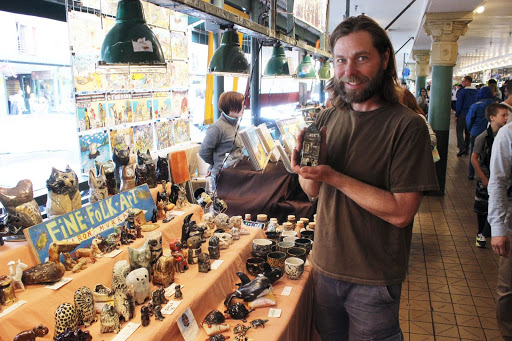
So, if the internet is merely a digital representation of the real world where are the public online marketplaces?
Over the past twenty years a new virtual world has been created and corporations have been racing to own a piece of it. Many of these companies have monetized the concept of a marketplace by taking away the socially good aspect in an effort to maximize profits.
Sadly, as the online economy grows it means the physical economy is shrinking and it’s happening even faster due to the COVID-19 pandemic. Earlier this year the Grand Bazaar was forced to shut down for 70 Days and businesses within Pike Place Market have had to permanently close. Stories like these are happening all over the world as we watch brick & mortar stores struggle to survive.
In an alternate reality, online marketplaces are thriving. In the third quarter alone ecommerce sales jumped 37% and marketplace sales for companies like Etsy are up a whopping 128%. It’s becoming very clear we are edging closer every day to a dystopia where corporations own everything and small businesses fight over table scraps.
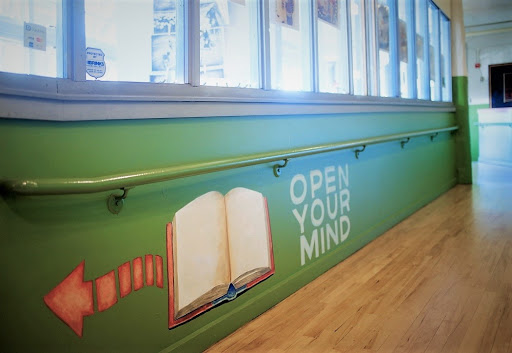
The good news is while there’s no stopping the online economy from growing it doesn’t mean we are doomed to live out George Orwell’s nightmarish predictions in the book 1984. Rather, as a nation we have a great opportunity to change with the times and harness new technology to create a world we want to live in. A world where corporations aren’t the only ones benefiting from online economic growth and ecommerce becomes an engine to provide social good. To do this we need to expand and nurture socially responsible marketplaces to help bring balance to a lopsided economy. These marketplaces already exist like goimagine, Done Good and Fair Anita, but it’s up to sellers and buyers to support them. The more successful socially responsible marketplaces become the better the online economy will be for us all.
This doesn’t mean we need to stop shopping at Amazon or Etsy just like it doesn’t mean avoiding corporate owned malls that have Macy’s and Sears. All this means is just like we support local marketplaces in the real world it’s time we open up our collective mind to the idea our online economy can also be a force for good. It can happen if we make it happen.
It’s time we worked together to create a #caringeconomy
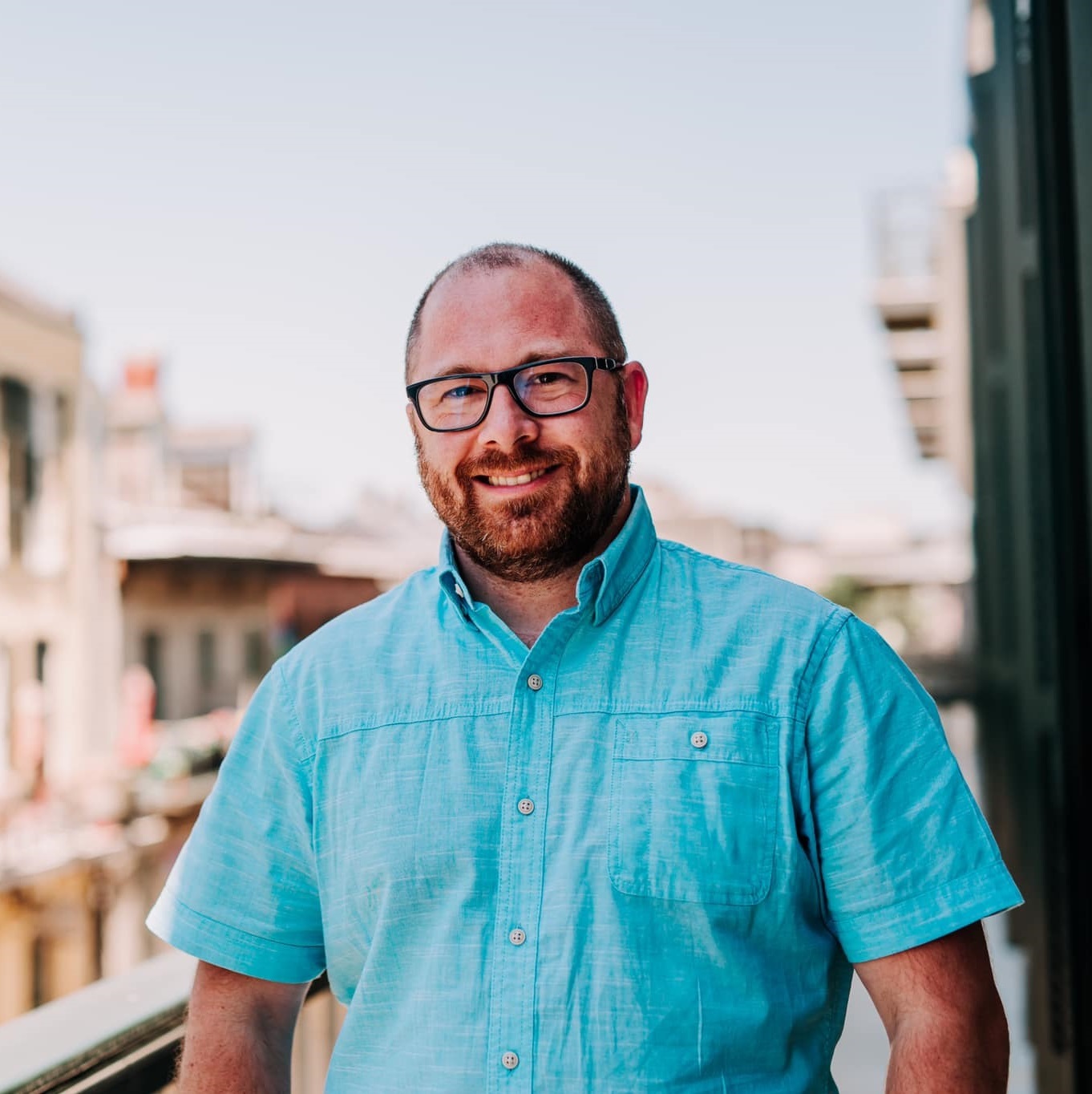
Jon Lincoln is the founder of goimagine, the handmade marketplace focused on helping children in need. Since launching in 2020 goimagine has attracted thousands of makers & artists throughout the United States supporting their mission to create a more caring economy through handmade.
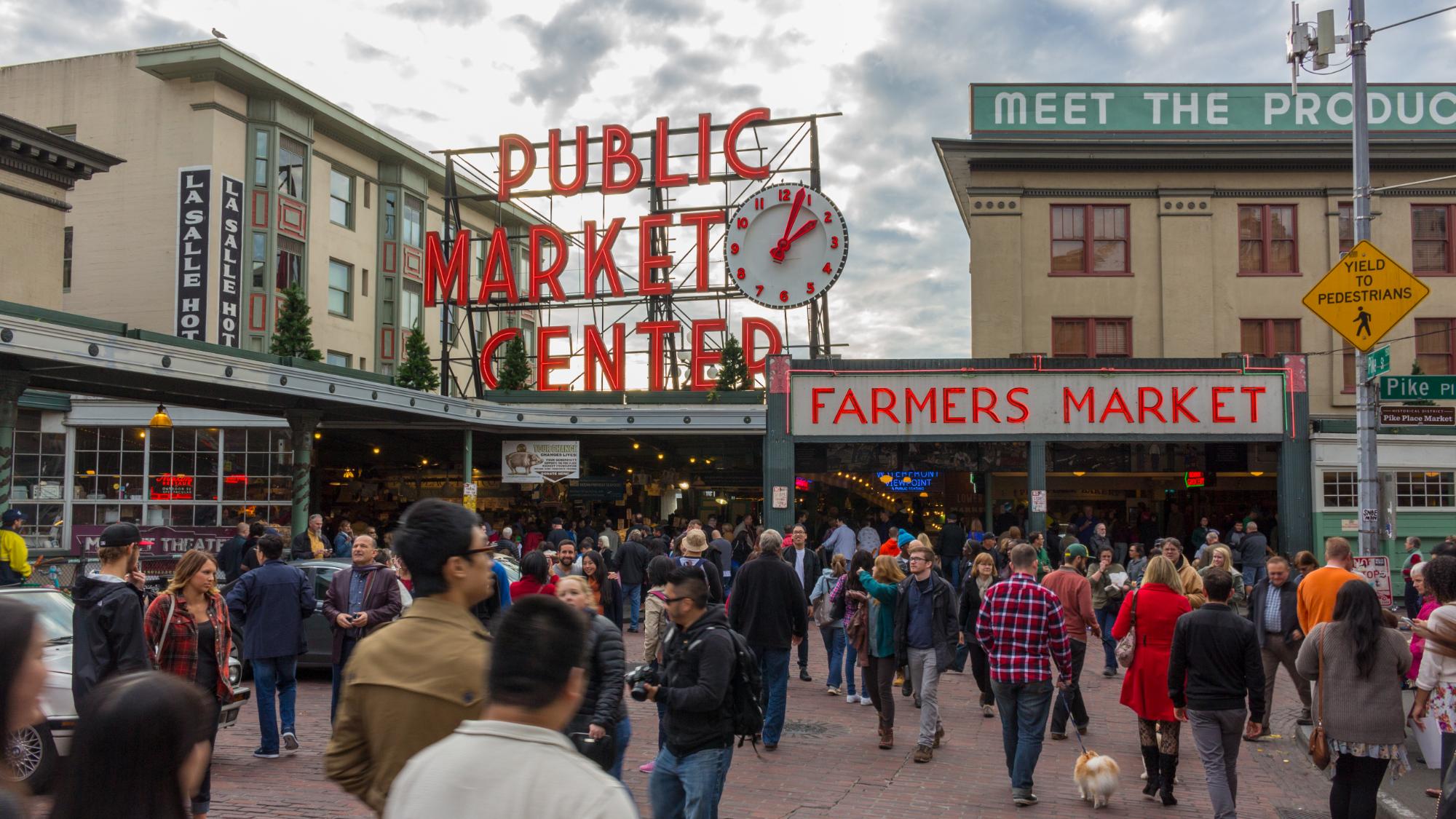
Oh, I forgot one more thing. Vendors from Esty have places that they come together and have like a craft Fair but customers know that it is Esty sellers. I guess what I’m trying to say is Lets say 20 people live in the same area and they find places like parking lots and set up to sell , yet saying these are Go Imagine sellers. This way they can touch and smell as well as get to know the Vendor. Both receive the Advertising option. We all need to help each other as life is getting harder to live with the costs so high. What do you think.
Ok, I get it but what about the Craft Fairs? How do they rate? This to me is a real Marketplace. Reason, because you can talk to the person your buying from, you can touch and feel, and in some cases smell. What I think we are all looking for is both tide into one. Let me explain. The market place like Go Imagine and others like this are not hands on like a craft fair. Now, if I’m correct in saying this, the cost of a craft Fare is horendense. I have seen them up yo 135.00 and that just might be a 10×10 table space. Maybe, Go Imagine can have craft fairs in different towns. I love the Idea that 2% goes to the children. I have heard of this happening in different places. I like what Go Imagine stands for. If not maybe something else can be done. their are alot of Vendors out there, but speaking for myself as I have done both ways I prefer the hands on approach. What does every one else think about this idea. Or why not both ways?
This article is an important read. Thought provoking, and motivating. The individual “dollar vote” can be powerful.
Wow…!!! That was an awesome read!!!!
I’m proud to be a part of goimagine!!!
It can only get better!!!!
Great article! I love the vision of a marketplace for good like goimagine.com!
Great article. Enjoyed reading it, really informative.
Wow great info! Thx for writing this
I love this! It’s really cool to have a little history about marketplaces. Very well done.